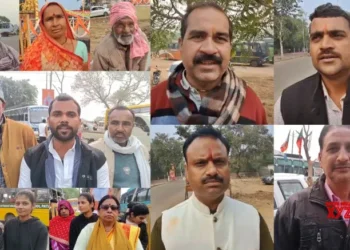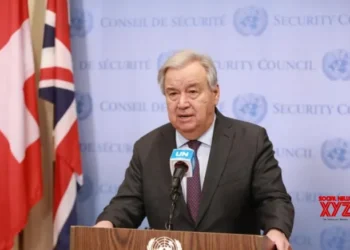‘Covid-19 pandemic warrants overhaul of public transportation’
Public transport was one of the first sectors to be impacted due to the coronavirus pandemic and as the sector opens up in a staggered manner, there have been calls for its overhaul, along with the focus on safety and hygiene.
A recent Assocham report has said that new models should be looked at to make transport projects viable along with reworking of urban design models.
It said that governments will also have to rework their project financials for public transport.
“It said that the financial model of projects under public private partnership (PPP) would undergo change as the passenger load numbers may change. Governments should consider urban design changes, which promote pedestrianisation and the use of non-motorised transport,” the report said.
This can significantly decongest cities and would be beneficial in the long run, it said.
The report, prepared in partnership with Primus Partners, said that governments will also need to look at reforms which facilitate work from home.
Assocham President Niranjan Hiranandani said: “Recent guidelines signal the government’s intention to fully unlock the economy and open public transportation for the citizens, in a phased manner. However, even with metro services resuming in early September, challenges would continue regarding the fear of the contagion, making people hesitant to return to public transportation.”
Nilaya Varma, CEO & Co-Founder of Primus Partners, said that with a majority of city office-goers preferring to work from home or inclined towards flexible working hours and staggered office schedules, public transportation in cities would undergo a radical shift.
“To revive passenger sentiment and contribute towards building a safe ecosystem for commuters and drivers, transport operators need to adopt stringent hygiene guidelines and leverage technological solutions. These measures are essential, even as transport operators struggle with reduced footfall and lowered capacity owing to social distancing guidelines,” Varma said.
GiridharAramane, Secretary, Road Transport and Highways, said that the shift to private vehicles not only creates more than usual congestion on roads and increase in vehicular pollution, it also results in continued revenue loss to public transport operators.
“The recovery pattern for public transport will largely depend on measures and actions taken by government and public officials to contain the pandemic, support provided to operators and the efforts made by operators to provide safe and sanitised travel spaces to passengers,” he added.
Aramane said that the Centre has also issued guidelines to increase the extent of contactless travel through speedier adoption of technology.
Noting that the pandemic has led to a significant transformation across industry segments, pushing them to embrace technological solutions across the value chain, Devroop Dhar, Managing Director & Co-Founder, Primus Partners, said that public transportation is no different.
“There is an opportunity for public transport authorities and governments to facilitate the adoption of contactless ticketing and digital payments to increase passenger confidence in the short term and boost the vision of Digital India in the longer term,” he said.























